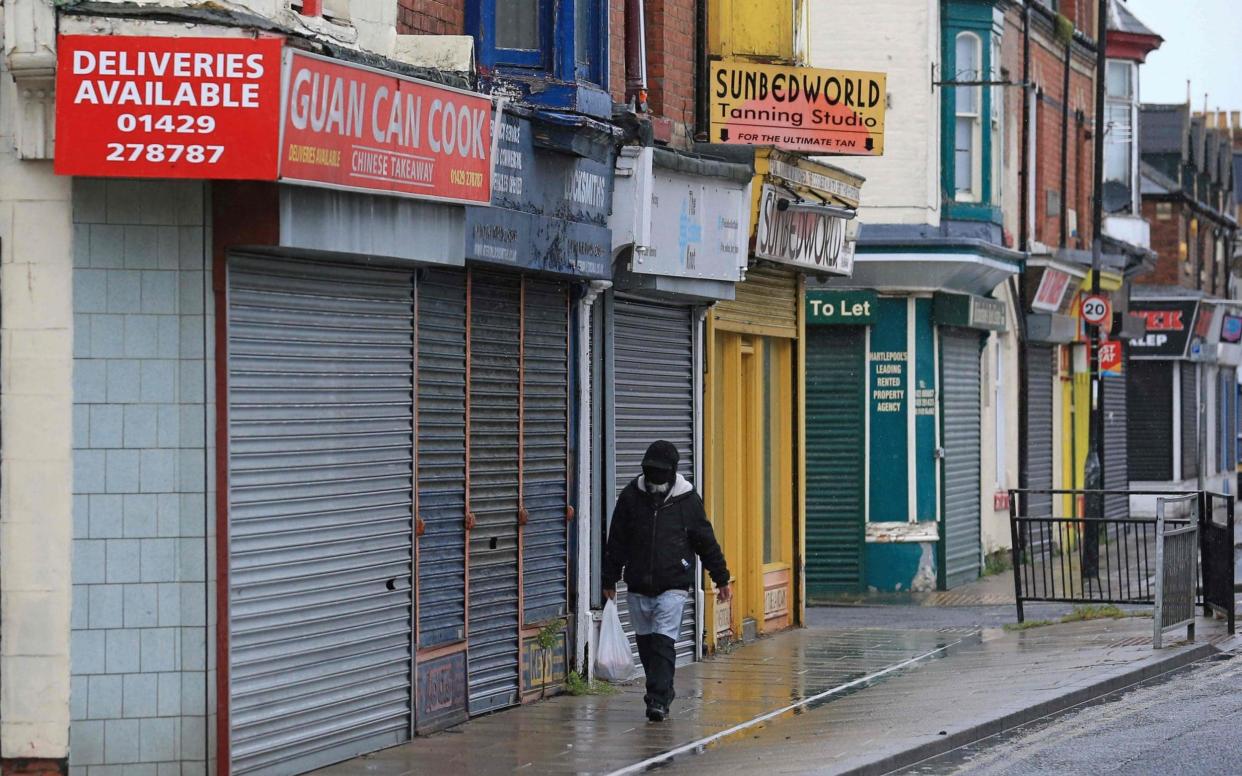Political parties need to talk to us with class, not about class

- Oops!Something went wrong.Please try again later.
Given his own personal life, the fact that Boris Johnson now leads a country whose electorate has ditched monogamy fits nicely. In the political sense I mean. The idea that the class or the place you were born determines how you vote has been disintegrating for quite some time. We can go back to Thatcher and her union-busting or to the Blairite appeal to the middle class. We can talk about post-industrialisation and huge economic forces or we can talk about the feel of the country: more Gogglebox, less globalised.
The stock phrases are thrown round: “traditional heartlands”, “the commuter belt”, “the working class base”. But who does this help? If the Labour mission is to take back votes which are somehow owed, this can only fail. This is not how many view voting or indeed political parties.
These elections showed us that a complicated patchwork of interests and identities are at work. Voters are making decisions based on local issues and reward those who fight for their interests. We can see that is why the mayoralties have become ever more significant.
Labour it is said cannot hold onto the metropolitan elite, its students, its liberal minded vote and keep the more socially conservative working class. All of this is a very odd way of talking about class seeing as nearly half our young people go to university and now leave with great big debts. If being a graduate means being middle class then Labour’s only hope is to wait another few years for this disillusioned student vote, but this is not enough.
People are just not adhering to the boxes that they have been put in. Labour took seats on the council in Chipping Norton. Wales stuck with Labour. Scotland is surely heading towards independence, a matter of when not if, and meanwhile a London-centric politics still dominates England with little understanding of life in small towns or in impoverished rural areas.
The truth is that as old class identifications dissolve, the Tories have been more nimble about cashing in. The red wall is spoken of as a block containing only ex-miners and steel workers. Many in the Labour movement have never really moved on from the miners’ strike as the high point of class struggle.
But those who it affected most had to move on. I remember interviewing redundant miners who “retired undefeated”. They were at home. Their women folk were taking new jobs in the services industries and buying themselves cars and grabbing onto a future that the men refused to participate in.
The assumption that those in the post-industrial towns are a different species is always apparent at election time when they are endlessly vox popped by the day-tripping media. The last time anyone paid them this much attention was during the referendum when their Leave voting tendencies were seen as another sign of working class boneheadedness.
And therein lies the problem. People know when they are being patronised. We may describe others in class terms, but we see ourselves as often shifting between classes. I am originally working class and now middle class in terms of profession. I am also capable of despising both those class positions at various times.
The romanticisation of working class life often depends on a macho view of the world in which women are trapped; the middle class idea of taste and conventionality are, to me, a living death. The Left intelligentsia understand all criteria for political allegiance except the one that speaks to many: a joie de vivre. Nor in my experience do they understand that impulse in working class culture. Instead our story must be one of unrelenting misery with some trade union banners thrown in.
The class that wants to go on holiday in summer, eats different cuisines, likes gardening, accepts that marriages don’t always last, knows that women have to work, wants their kids to do well as school, may themselves be the children of immigrants, is not the class that comes out of an Alan Bennett play.
Bennett is of course brilliant at conjuring the minutiae of our insane class system. His parents ate dinner at noon and anything after that was tea. His father would refuse the wine list when they went to restaurants because there was no wine “that goes with spaghetti on toast”.
Such folk are now very old or gone. Social mobility may have stalled, but aspiration hasn’t. That is key. It is clear on every level that the North has not been left behind, but simply abandoned. So autonomy and investment are attractive because this is what everyone wants both collectively and individually.
If class identity does not determine voting, that may make things more difficult for all political parties. Good. The Green vote I see as part of this strange new land. Begone the focus groups, the ABC categorisations, the endless polls. We may define ourselves as we wish.
Talk to us as if we might even know who we are. And what we want. With class.

